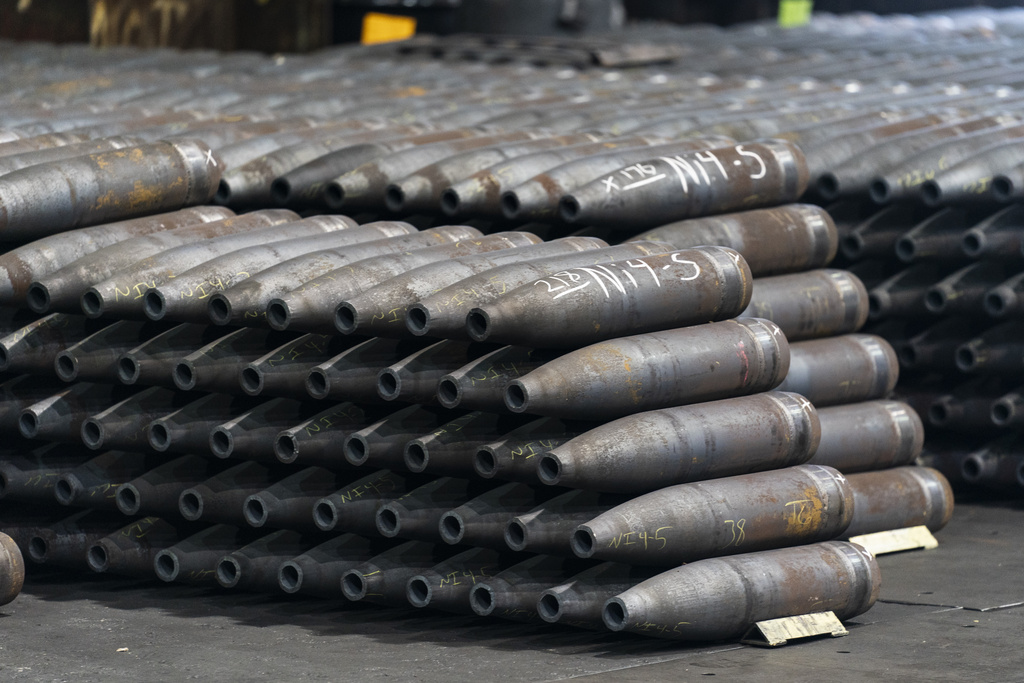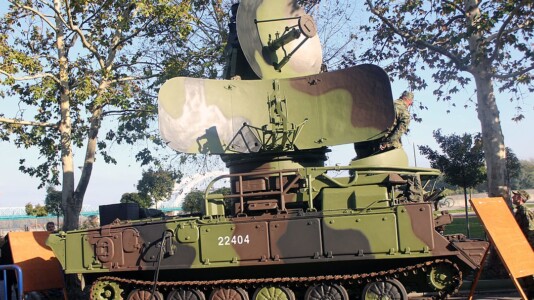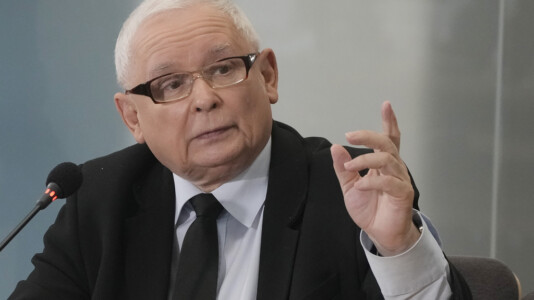From the €500 million fund under the Act in Support of Ammunition Production (ASAP) program, German companies will receive €178 million, of which €109 million will go to Rheinmetall branches in Hungary and Spain. Poland will benefit the least from the entire program — only €2.17 million for its Dezamet plant.
The history of the EU ASAP program began exactly a year ago when Kyiv asked the EU to supply 1 million pieces of 155mm artillery shells, representing just five months of supplies. The EU promised to deliver the ammunition by March of this year.
The fact that Germany and other large European countries mainly benefit from this has been known since September 2022, when Josep Borrell, the High Representative of the EU for Foreign Affairs and Security Policy, announced at a meeting with the defense ministers of the member states that the EU is running out of ammunition because too much is being sent to Ukraine.
The EU’s eurocrat called for joint procurement. However, it turned out that there is no one to buy from in Europe because in a disarmed EU devoid of industry due to the madness of the Green Deal, there is no one to produce a sufficient number of shells.
When the EU promised missiles to Ukraine, the war had already lasted a year, and the member states did not have the power to produce the needed and promised quantity. Before the war, approximately 40 percent of European production was exported. Manufacturers will not break contracts just because they get an order from the EU, and they won’t invest without a guarantee of orders.
After meeting with representatives of the arms industry, Ukrainian Minister of Foreign Affairs Dmitro Kuleba said that they were afraid that they would make huge investments, employ people, and after a year or two the orders, these orders, would then end abruptly and their companies would go bankrupt. Therefore, they need guarantees of orders and external money for investments to increase production capacity.
This was why the EU allocated approximately €500 million to support arms companies, so that they could develop the production of ammunition and artillery shells for Ukraine.
ASAP is also of course an abbreviation that means “as soon as possible” — so perhaps in April 2024 the first companies will receive funds to expand plants to produce ammunition, which was to be sent to Ukraine by March 2024.
This was clear from the beginning, as it is a rule that the biggest beneficiary be Germany, regardless of their capabilities or needs. The EU is Germany’s tool to realize its superpower ambitions, and sometimes, when necessary, to save its economy. Therefore, as much as €109 million will go to the German company Rheinmetall, which has not been a major artillery manufacturer thus far. Its capacity only increased after the acquisition of the Spanish company Expall.
It will receive as much as €47 million to expand production in Germany of nitrocellulose needed for artillery shells. But after lengthy wrangling, the plant is to open in 2025 and produce a limited number of shells in the first 12 months of operation.
Three Polish companies applied for just €11 million. Mesko S.A. and Chemical Plant Nitro-Ch did not get a penny for their applications. The Dezamet factory will receive barely €2.1 million. Germany is to increase its production potential with €178 million, whereas Poland is to get 89 times less to do so.
A year has now passed since the promise to deliver 1 million of these shells in March 2024, and the EU is now allocating money for their production. In fact, we do not even know whether Germany received money to produce the artillery for Ukraine or for itself.
It is therefore likely that Polish taxpayers are contributing to arming the Bundeswehr. Germany will now boast that thanks to our money, they are closer to fulfilling their obligations towards NATO of spending 2 percent of its GDP on defense. They will also count it as their own aid to Ukraine.
Meanwhile, Poland will spend 10 billion zlotys (€2.3 billion) from its own budget on 155mm shells between 2024 and 2029. The EU’s €2.1 million is peanuts. The mainstream media will blame the former conservative Law and Justice (PiS) government, and PiS will point to the present government having failed to make the EU deliver more money for defense.
It looks as if, with the entire million-artillery piece program for Ukraine, it became more important to support German industry than to help a nation struggling for its existence. The ammunition that Ukraine was supposed to use to defend itself should already be at the front. These pieces could be purchased from other places, such as South Korea, but then there would be no money for the Germans. For the EU, money for Germany is more important than the lives of Ukrainians.





